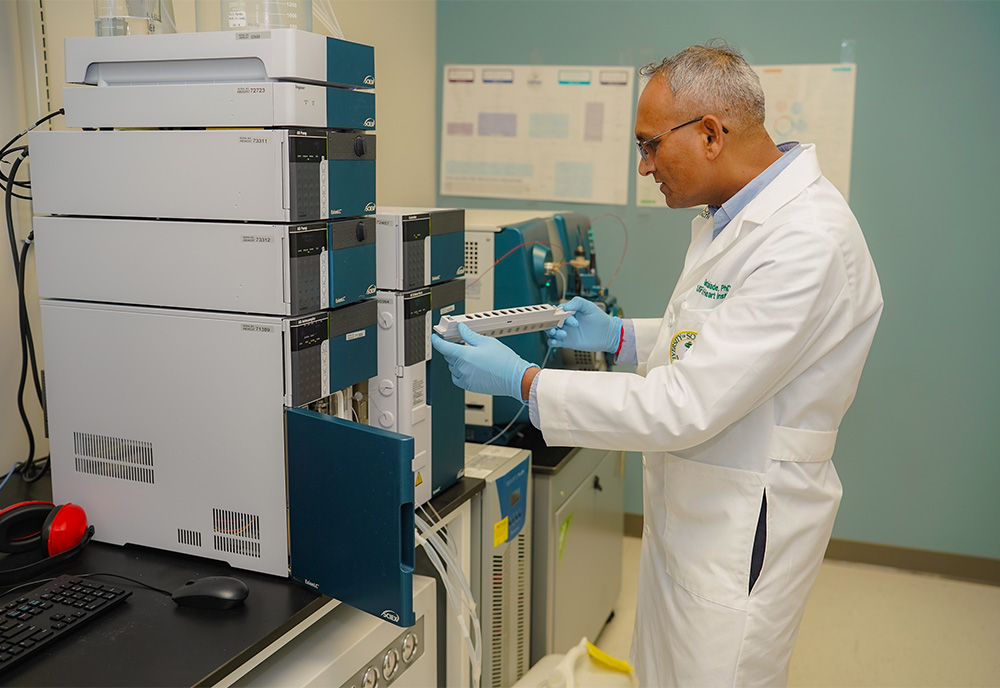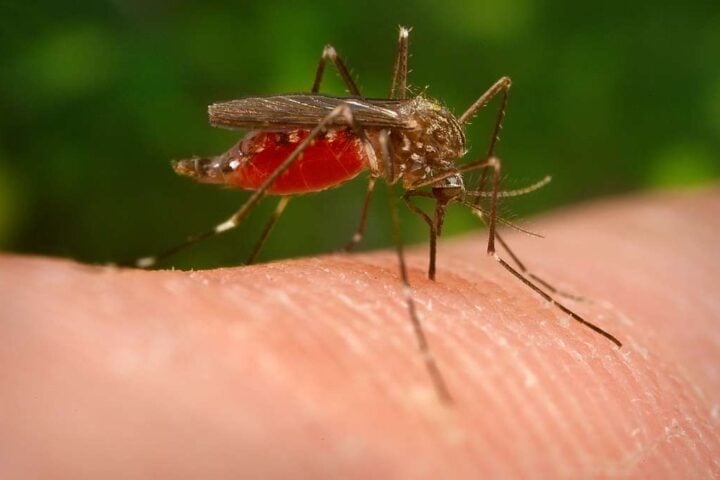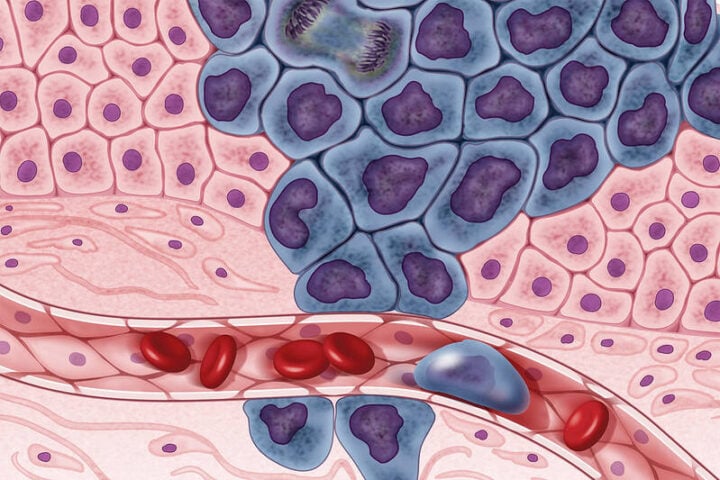A recent study by researchers at the University of South Florida and Tampa General Hospital Cancer Institute reveals alarming connections between dietary choices and colon cancer risk. The research, published in the journal Gut, analyzed over 162 tumor samples, uncovering critical evidence about how modern dietary habits may fuel cancer growth.
Research Findings Expose Dietary Dangers
The study identified high concentrations of inflammatory compounds in colon cancer tumors, particularly linked to seed oils and ultra-processed foods. Dr. Timothy Yeatman, senior study author and surgical oncologist, notes: “It is well known that patients with unhealthy diets have increased inflammation in their bodies”, he further adds “ We now see this inflammation in the colon tumors themselves, and cancer is like a chronic wound that won’t heal – if your body is living off of daily ultra-processed foods, its ability to heal that wound decreases due to the inflammation and suppression of the immune system that ultimately allows the cancer to grow.”
The $3.1 million National Institutes of Health-funded research examined 162 tumor specimens from patients at Tampa General Hospital. Results showed elevated levels of oil-induced lipids in malignant growths compared to healthy tissue.
Concerning Trends in Young Adults
Colorectal cancer rates among young Americans continue to rise at an unsettling pace. Data shows millennials face twice the risk compared to those born in 1950. Dr. Robin Mendelsohn of Memorial Sloan Kettering Cancer Center observes this trend affects even health-conscious individuals, including vegetarians and regular exercisers.
The Omega Balance
Modern American diets show a stark imbalance between omega-6 and omega-3 fatty acids. Research indicates a 136% increase in linoleic acid levels in American fat tissue over 50 years. Dr. Bill Harris, professor at Sanford School of Medicine, explains: “Don’t blame the omega-6s, it’s not their fault — it’s the lack of omega-3 fatty acids that’s the problem,” as reported by Sandee LaMotte on CNN.
Dr. Ganesh Halade, study co-author, reports: “We found a tremendous imbalance in the tumor microenvironment — omega-6 fats coming from ultraprocessed foods were making more proinflammatory molecules inside the cancer tumor, but not in the control tissue.” Dr. Ganesh Halade, study co-author, reports: “Bioactive lipids are very small molecules derived from the foods that we eat and, if the molecules are coming from processed food products, they directly imbalances the immune system and drives chronic inflammation.”
Current Research Developments
Research at Tampa General Hospital Cancer Institute has shown promising initial results in studying inflammation reduction through modified fish oil, as indicated in the press release. The ongoing studies aim to better understand the relationship between dietary factors and cancer development.
More Stories
Expert Perspectives on Diet and Health
Dr. Christopher Gardner from Stanford University School of Medicine discusses general oil consumption: “People are cooking with these oils, not drinking them. In a situation where you need some kind of fat for cooking or food preparation, you can use plant oils or you can use butter or lard.”
Dr. Tom Brenna, professor at Dell Medical School, adds: “As linoleic acid increases in the body, it decreases the amount of two omega-3s, EPA and DHA, in the body’s tissue,” as reported by Sandee LaMotte in CNN.
Research-Based Dietary Considerations
The study findings suggest several dietary factors for consideration:
- The role of omega-3 fatty acids in inflammation reduction
- The impact of ultra-processed food consumption
- The importance of balanced fatty acid intake
- The potential benefits of anti-inflammatory foods


















